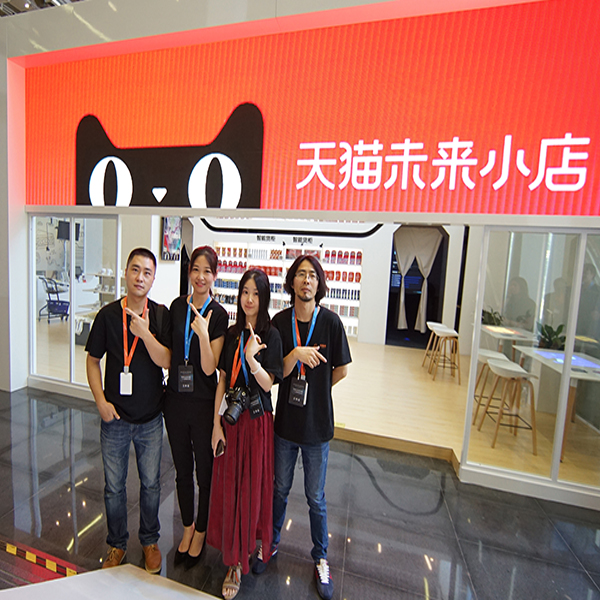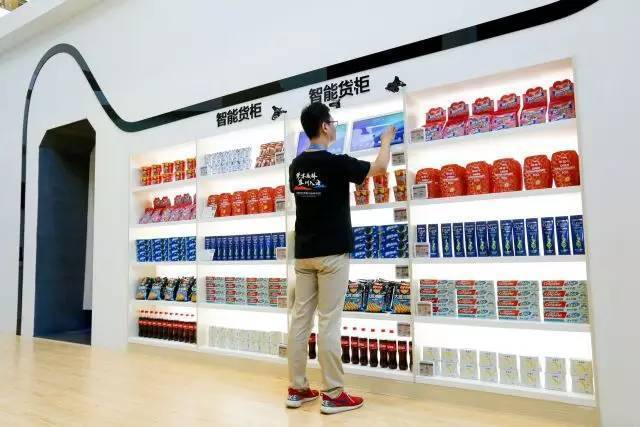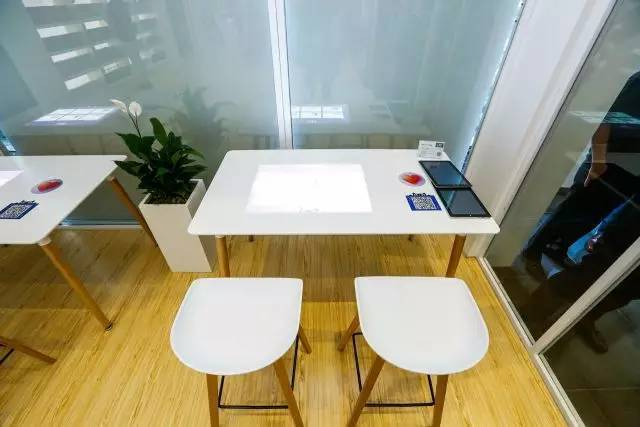Ecommercestrategychina.com uses cookies and other technologies to provide you a better browsing experience. You can get more information regarding the use of cookies, or decline it whenever by clicking Privacy Policy. By using this site or clicking “Okay”, you give us the consent to the use of cookies.
OKAY
Recently, Alibaba announced the Tmall Store Plan 2.0, looking forward to revolutionise traditional convenience stores with new technologies. To better understand the Tmall store as an important part of Jack Ma’s new retail strategy, let’s first take a look at how the service platform launched by Alibaba last year has benefited the small retailers.
In August 2016, the Retail Business Department of Alibaba launched LST, a “one stop” service platform. Community-based small retailers can place orders or search for data on the platform, and are able to figure out what kind of products are most suitable for the store relying on big data provided by Alibaba. For example, if the store is located in a neighbourhood where many residents keep a dog, the system will recommend selling dog food whilst for one in an area with lots of children, the system will recommend selling nappies. That means Tmall convenience stores, compared to traditional ones, will not only make it easier for people to shop but will also lead to more accurate sales management.
According to the owner of Weijun Store, now a Tmall store transformed from a traditional small shop, more than one third of the sales items in the store were purchased through LST and after the technological update, there is an increase of 45% in the total sales volume and 26% in traffic.
The general manager of LST said that more than 500,000 retail stores out of 6.6 million nationwide were already using LST and Alibaba would build 10,000 more Tmall stores within one year. In addition Alibaba is preparing for “stores of the future”, which has been piloted in one of Alibaba’s campuses. These shops possess “intelligent goods shelves”, which means when consumers pick up an item from the shelf, it will be identified by a hidden camera with products description and comments shown on the shelf monitor. There are also desktop purchasing programmes, which enable consumers to buy products that were not displayed in the store by scanning the QR code with a mobile phone. Moreover, the sensing equipment can recognise consumers’ basic information like membership once they get into the store.


People never get tired of asking the question, “Where is Alibaba’s future development?” The answer is obvious: it is right there in our every-day life. Alibaba is trying to penetrate our daily lives, with attempts both online and offline.
More information about Tmall intelligence store will be in future updates.

Please Login to add comments.

$9.99 $19.98

$9.99 $19.98